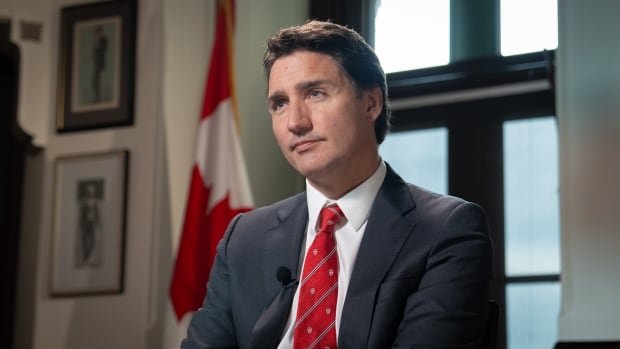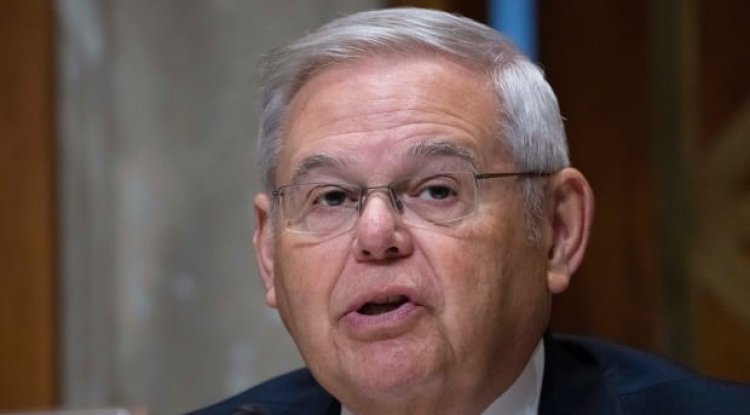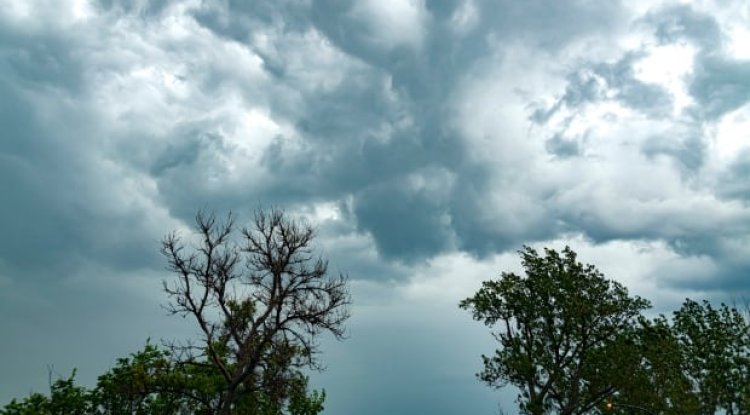Trudeau says other countries are quietly backing Canada in fight over Online News Act
Prime Minister Justin Trudeau speaks to Front Burner host Jayme Poisson on Sept. 18, 2023 in Ottawa. (Sean Brocklehurst/CBC)Prime Minister Justin Trudeau says other countries are quietly taking Canada's side as giant tech companies push back against his government's Online News Act.C-18, which passed the House of Commons in June, requires that tech giants Google and Meta pay media outlets for news content they share or otherwise repurpose on their platforms.Meta already has pulled news and content from Canadian publishers and broadcasters from its platform in Canada in response to the law. Google has threatened to do the same.Online News Act could see Google, Meta pay combined $234 million to Canadian mediaHere's how some student publications are finding ways to work around Meta news banTrudeau, who recently returned from a meeting of G20 countries in India, told CBC's Front Burner that other countries are encouraging his government to stand firm."Countries around the world are actuall


Prime Minister Justin Trudeau says other countries are quietly taking Canada's side as giant tech companies push back against his government's Online News Act.
C-18, which passed the House of Commons in June, requires that tech giants Google and Meta pay media outlets for news content they share or otherwise repurpose on their platforms.
Meta already has pulled news and content from Canadian publishers and broadcasters from its platform in Canada in response to the law. Google has threatened to do the same.
Trudeau, who recently returned from a meeting of G20 countries in India, told CBC's Front Burner that other countries are encouraging his government to stand firm.
"Countries around the world are actually — and I heard this again when I was overseas — people saying, 'Stand strong because this really matters,'" he told host Jayme Poisson.
"This is not an easy fight but it's the right fight to be in."
When the Liberals introduced the law — which is modelled on a similar law in Australia — they argued that tech giants have gobbled up a large share of the advertising market upon which news outlets once relied.
The government says Google and Meta had a combined 80 per cent share of the $14 billion in online ad revenue in Canada in 2022.
As a news organization, the CBC could see a financial benefit under C-18, which requires that the CBC provide an annual report on any compensation for news it receives from digital operators.
Trudeau's comments come as governments abroad consider regulations for their own jurisdictions.
Other governments looking at their own laws
A bill in California similar to the Online News Act could soon become law; Meta has threatened to remove news from its platforms in that state. The New Zealand government is also taking public input on its own bill.
Trudeau said other jurisdictions are watching how the Online News Act rolls out in Canada.
"They're [saying], 'You go Canada, you take this fight.' So we'll do it. We don't mind doing it because it's so important," he said.
Earlier this month, the government released draft regulations for C-18 and estimated that Google and Meta would have to pay a combined $234 million to media outlets in order to comply.
The government said companies fall under the act if they have a total global revenue of $1 billion or more in a calendar year, "operate in a search engine or social media market distributing and providing access to news content in Canada," and have 20 million or more average monthly unique Canadian visitors or average monthly active users.
As it stands, Google and Meta are the only companies that meet those criteria. Government officials have said Microsoft's Bing search engine is the next closest to falling under the act.
Following the release of the regulations, Meta said it wouldn't reverse its decision to block news content on its platforms.
A Google spokesperson told CBC News it is still reviewing the draft regulations but the company has significant concerns.
To listen to Jayme Poisson's full interview, follow CBC's daily news podcast Front Burner wherever you get your podcasts.
What's Your Reaction?


















